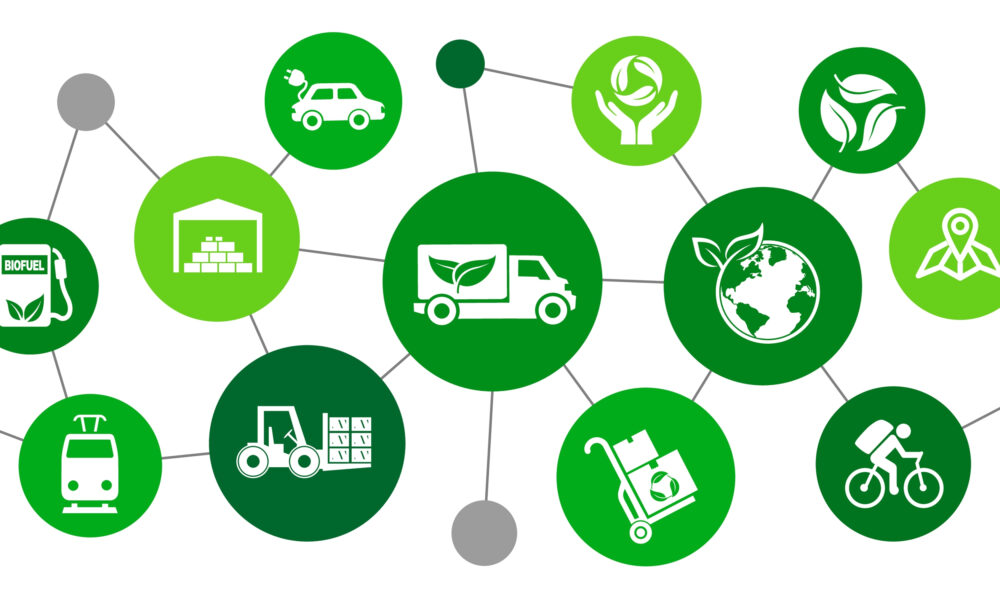Sustainable Logistics: Why Green Supply Chains Are the Future

Sustainable Logistics
The logistics industry is the backbone of trade and commerce, but it is also one of the largest contributors to carbon emissions worldwide. As businesses and consumers become more eco-conscious, the push for sustainable logistics is stronger than ever. Green supply chains are not just about protecting the planet they’re about building smarter, more efficient, and cost-effective logistics systems for the future.
ExcellenceEnvironmental impact of traditional logistics
Conventional logistics operations are resource-heavy and environmentally damaging.
Carbon Emissions – Road freight powered by diesel trucks, ships burning heavy fuels, and air cargo all emit significant greenhouse gases.
Inefficient Routing – Poor route planning and empty return trips waste both time and fuel.
Excessive Packaging – Non-recyclable packaging adds to landfill waste and pollution.
High Energy Warehousing – Warehouses often run on traditional power sources, adding to the industry’s carbon footprint.
Together, these challenges highlight the urgent need for a sustainable shift.
Trends: Electric vehicles, eco-packaging, and smart route planning
The industry is rapidly adopting innovative practices to minimize its environmental footprint:
Electric Vehicles (EVs) – More companies are switching to EV fleets for last-mile delivery, cutting both costs and emissions.
Eco-Packaging – Businesses are turning to biodegradable, reusable, and recyclable packaging solutions.
Smart Route Planning – AI-powered logistics platforms optimize delivery routes, reduce fuel usage, and ensure faster deliveries.
Digitalization – Moving away from paper-based systems to digital documentation saves resources and streamlines processes.
These trends are helping create greener, more efficient logistics ecosystems.
Government initiatives and global benchmarks
Governments and global organizations are actively pushing the logistics industry toward sustainability:
India’s EV Push – Policies promoting electric mobility and incentives for EV adoption.
Emission Norms – Stricter emission standards for vehicles to reduce pollution.
Global Benchmarks – The Paris Agreement and UN Sustainable Development Goals (SDGs) are guiding logistics players to cut emissions and adopt greener practices.
Green Infrastructure – Investments in renewable energy, smart ports, and eco-friendly warehousing.
These initiatives ensure businesses that adopt sustainable logistics stay ahead in compliance and reputation.
The future of logistics belongs to those who embrace sustainability and innovation together. Green supply chains not only protect the environment but also reduce costs, improve efficiency, and strengthen customer trust. With platforms like Logisticswaala, India is taking a bold step toward building logistics systems that are both globally competitive and environmentally responsible.
